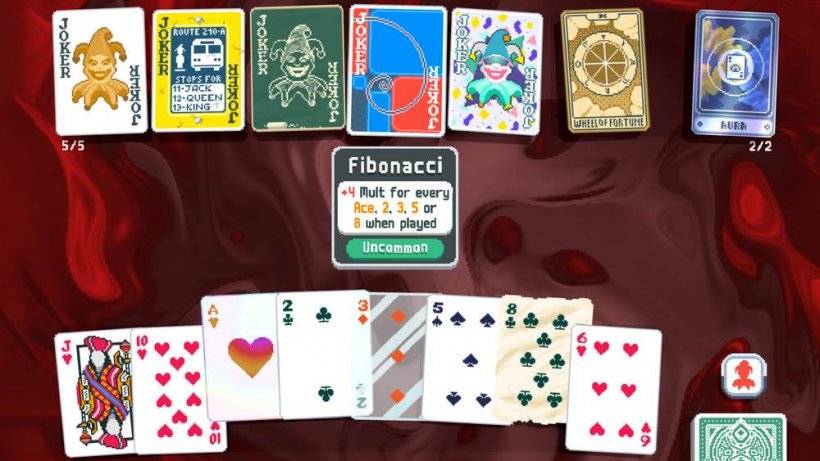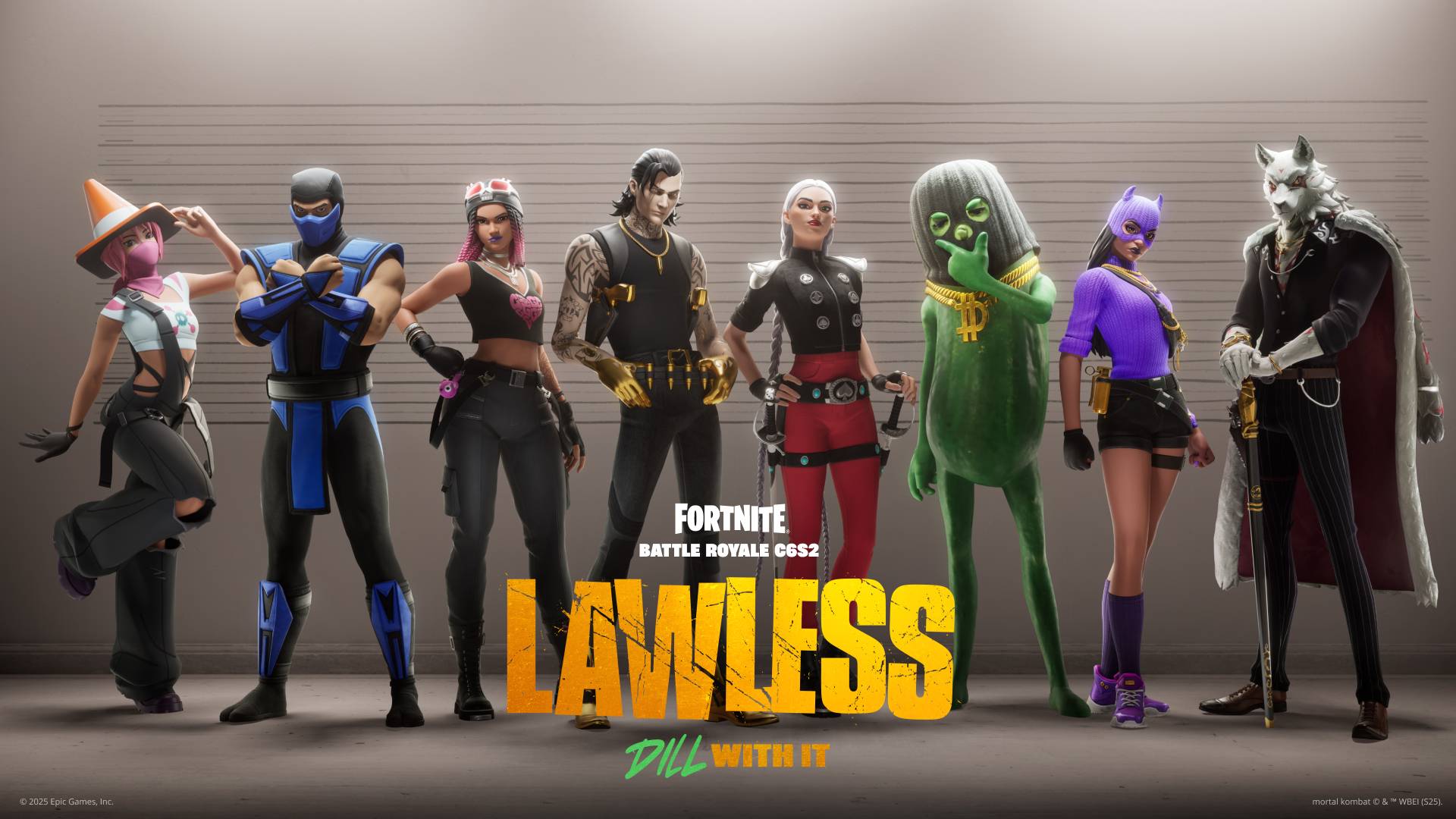My Game of the Year: Balatro – A Humble Triumph
It's the end of the year, and if you're reading this on schedule, it's likely December 29th. Unless there have been unexpected award upsets, you're probably aware of the accolades showered upon Balatro, the surprisingly successful blend of solitaire, poker, and roguelike deck-building.
From winning Indie and Mobile Game of the Year at The Game Awards to securing two awards at the Pocket Gamer Awards (Best Mobile Port and Best Digital Board Game), Balatro has garnered widespread praise. However, its success has also sparked confusion and even some criticism, largely due to comparisons between its relatively simple visuals and the flashy gameplay videos of other contenders. Many seem baffled that such a seemingly straightforward deck-builder could achieve such widespread recognition.
This, I believe, is precisely why Balatro is my personal Game of the Year. Before delving into my reasons, let's acknowledge some other noteworthy titles:
Honorable Mentions:
- Vampire Survivors' Castlevania expansion: The long-awaited arrival of iconic Castlevania characters is a triumph.
- Squid Game: Unleashed's free-to-play model: A bold move by Netflix Games, potentially setting a new precedent for mobile game monetization.
- Watch Dogs: Truth's audio adventure release: An unexpected but intriguing choice by Ubisoft, offering a different approach to the Watch Dogs franchise.
A Surprisingly Addictive Experience
My personal experience with Balatro has been a mixed bag. While undeniably captivating, I haven't quite mastered its intricacies. The need for meticulous deck optimization later in a run has proven challenging, and despite countless hours of play, I haven't yet completed a single run.
Despite this, Balatro represents one of the best gaming investments I've made in years. It's simple, engaging, and doesn't demand excessive technical skill or mental exertion. While Vampire Survivors remains my go-to time-waster, Balatro is a strong contender.
Its attractive visuals and smooth gameplay are further assets. For a modest price, you get a highly engaging roguelike deck-builder that won't elicit ridicule when played in public (the poker hand element might even make you look like a gambling genius!). LocalThunk's ability to elevate such a simple concept is commendable. The calming music and satisfying sound effects create an addictive loop. The game's appeal is refreshingly honest, subtly encouraging repeated play.
But why discuss this now? For some, its success is apparently insufficient justification.

Beyond the Hype
Balatro's success isn't without its detractors, and it’s worth noting that the game's reception is not dissimilar to that of other award winners. Balatro's design is refreshingly straightforward. It's visually appealing without being overly complex or flashy, lacking the often-seen "retro" aesthetic. This isn't a cutting-edge tech demo, and it's important to remember that LocalThunk began development as a passion project before recognizing its potential.
Its success, however, confounds some critics and the general public. It's not a flashy gacha game, nor does it push the boundaries of mobile technology. To some, it's simply "a card game." And yet, it's a very well-executed card game that offers a fresh take on the genre. The true measure of a game's quality, I argue, should be its gameplay, not its visual fidelity or other superficial elements.
Substance Over Style
Balatro's success teaches a valuable lesson: a game doesn't need to be a groundbreaking, multi-platform, massively multiplayer experience to be successful. Simplicity and well-executed gameplay can be just as compelling.
While not a massive financial success, considering the likely low development costs, LocalThunk is probably quite pleased with the results. Balatro demonstrates that a simple, well-designed game can appeal to players across multiple platforms (PC, console, and mobile).

The game's accessibility is another key factor. Some players strive for optimal deck construction and perfect runs. Others, like myself, appreciate its relaxing nature, perfect for passing time without demanding intense concentration.
In conclusion, Balatro's success underscores a crucial point: a game doesn't need to be overly complex or visually stunning to be a winner. Sometimes, a touch of simplicity and well-executed gameplay are all it takes.



 LATEST ARTICLES
LATEST ARTICLES 












